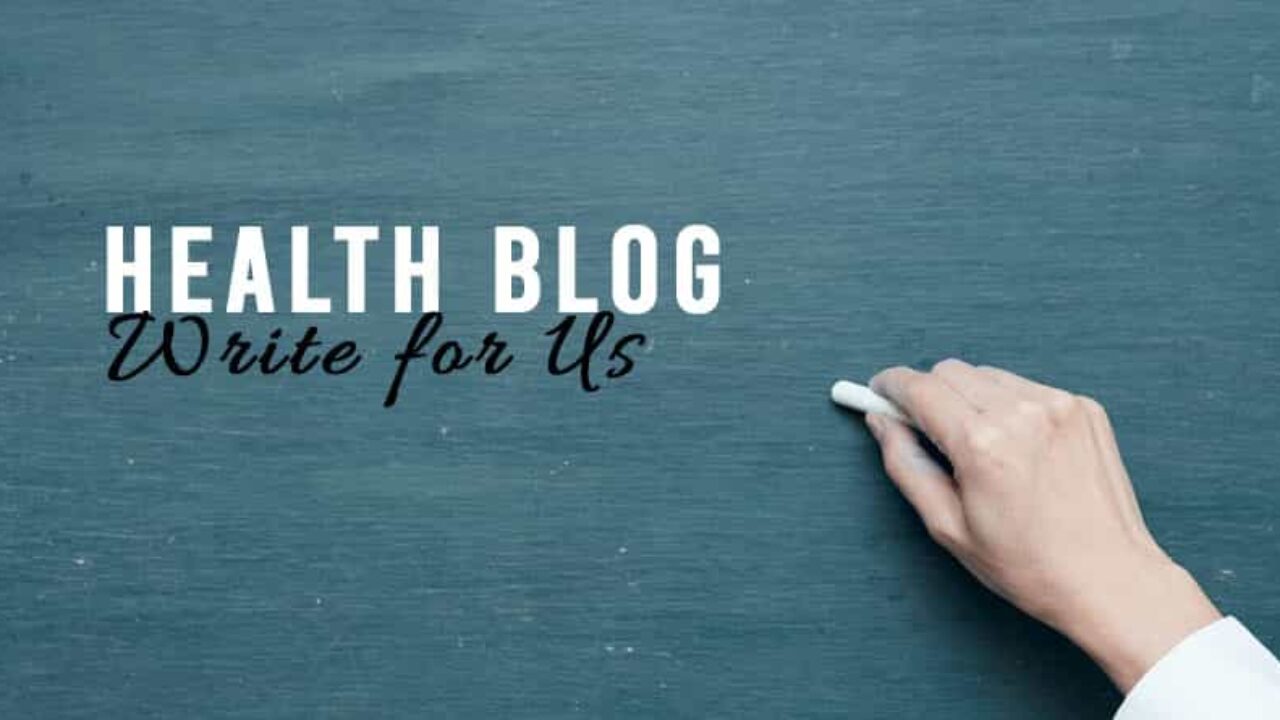Abusing substances like alcohol, opiates, and drugs like cocaine and heroin will not provide a long-term solution to the problem of depression, according to health professionals.
People who are depressed turn to medicines to lift their spirits or to numb the pain of their thoughts.
However, depression and substance misuse are mutually reinforcing, and one disease frequently exacerbates the other.
If you want to know more about how depression and addiction are related or get details on addiction treatment, you can navigate to this website. You will also get the solution here.
What Are The Triggers?
Certain triggers are present in both depression and substance abuse.
Substance addiction and depression both influence the same areas of the brain. Substance misuse, for example, impacts stress-response parts of the brain, which are also affected by some mental disorders.
According to recent studies, your DNA can make you more susceptible to acquiring a mental disease or addiction. In fact, genetic variables make it more likely for one illness to arise after the other has appeared.
Adolescent substance use is known to damage brain development and makes subsequent mental illness more likely. The opposite is also true: mental health issues early in life might raise the likelihood of subsequent drug or alcohol dependence.
Both depression and substance abuse are known to be triggered by environmental variables such as stress or trauma.
A person’s family history is also a consideration. A family history of substance abuse is a substantial risk factor for attempted suicide among adults with depression and substance abuse, according to recent research papers.
These types of dual diagnoses can be traced back to a time in early life when children are constantly in a state of discovery and seeking gratification.
Associated Health Risks
The World Health Organization has discovered strong correlations between depression and other non-communicable diseases and disorders. Depression raises the likelihood of substance abuse problems as well as diseases like diabetes and heart disease.
However, the contrary is also true, indicating that people with these other ailments are more likely to be depressed.
Suicide kills hundreds of thousands of people each year, and depression is a major risk factor. While a better understanding of depression and how it might be treated is critical, it is only the beginning.
What follows is a sustained scale-up of mental health services that are accessible to everyone, including the world’s most distant communities.
If you are sad or feeling low for more than 2 weeks in a row, it means your depression is frequent to the level of mental disease. It is marked by a loss of interest in activities and chronic unhappiness that individuals generally like, as well as an inability to carry out daily activities.
A lack of energy, restlessness, a change in appetite, changes in sleeping pattern, indecisiveness, anxiety, impaired attention, feelings of worthlessness, panic attacks, remorse, hopelessness, and thoughts of self-harm or suicide are all common symptoms of depression. When they can’t cope with these feelings, they seek refuge in varied substances.
Why Dual Diagnosis Treatment Is Important
Treatment for both depression and substance abuse is required for a successful recovery. People who are only treated for one ailment are less likely to recover until they receive therapy for the other.
Depressed persons with a drug misuse issue may be hesitant to seek therapy if they are told they must quit drinking suddenly. They cling to drinking because they are afraid of facing negative emotions.
People with dual diagnoses must grasp the basis of their problems on a deep level. Addiction experts claim that once these addiction victims realize that they have a problem, they may be able to change. Therapy, medications, and involvement with a support group could all be used to treat depression and substance dependence.
Urgent Need For Increased Investment In Depression And Substance Abuse Treatments
The government needs to invest more in the treatment areas. There is no or very little help available for those with mental health conditions in many nations. Nearly half of the people with depression do not receive treatment, even in high-income countries.
Mental health receives less than 1% of government health budgets on average, ranging from less than 1% in low-income nations to 5% in high-income countries.
It makes financial sense to invest in mental wellness. Every dollar spent on expanding depression and anxiety treatment yields a return of $4 in improved health and ability to work.
Talking therapy or antidepressant medication, or a combination of the two, are commonly used to treat depression. Both approaches can be delivered by non-specialist health professionals after a brief training course and the use of WHO’s Intervention Guide.
Using this Intervention Guideline, more than 90 countries of all income levels have started scaled-up initiatives to treat depression and other mental diseases.
If the government fails to proceed with the investment, it will cost much higher in treating the consequences. Low levels of acknowledgment and availability to care for anxiety and another prevalent psychological disease result in a worldwide financial loss of a trillion dollars every year.
Households, employers, and governments all suffer losses. When people are unable to work, their families suffer financially. When individuals become less efficient, employers suffer. This is why the governments are required to pay increasing health and welfare costs.
Is Self-Help A Solution?
Of course, it is.
In addition to seeking professional help, you can take a number of self-help steps to address your substance misuse and mental health problems. Keep in mind that being sober is simply the first step.
Your long-term recovery depends on developing healthy coping methods and making better decisions when dealing with life’s problems, in addition to continuous mental health care.
We understand that when you are depressed or suffering from substance abuse disorder, you are not in a state to help yourself. But, you have to remember that everyone understands what is good for them, and what is not.
So, if you even show the guts to confront your depression, or substance abuse problem to a trusted adult, or to a therapist on your own, you are helping yourself.
The Bottom Line
As we’ve already mentioned, depression and substance abuse are correlated. We don’t know which one is the cause, and which one is the effect, but both have an impact on one another.
Therefore, if you are suffering from any one of these issues, you must seek professional help because it’s only a matter of time before you submerge to its depths.
If you want to know more information on them, ping us in the comment section. We will get back to you soon.


















